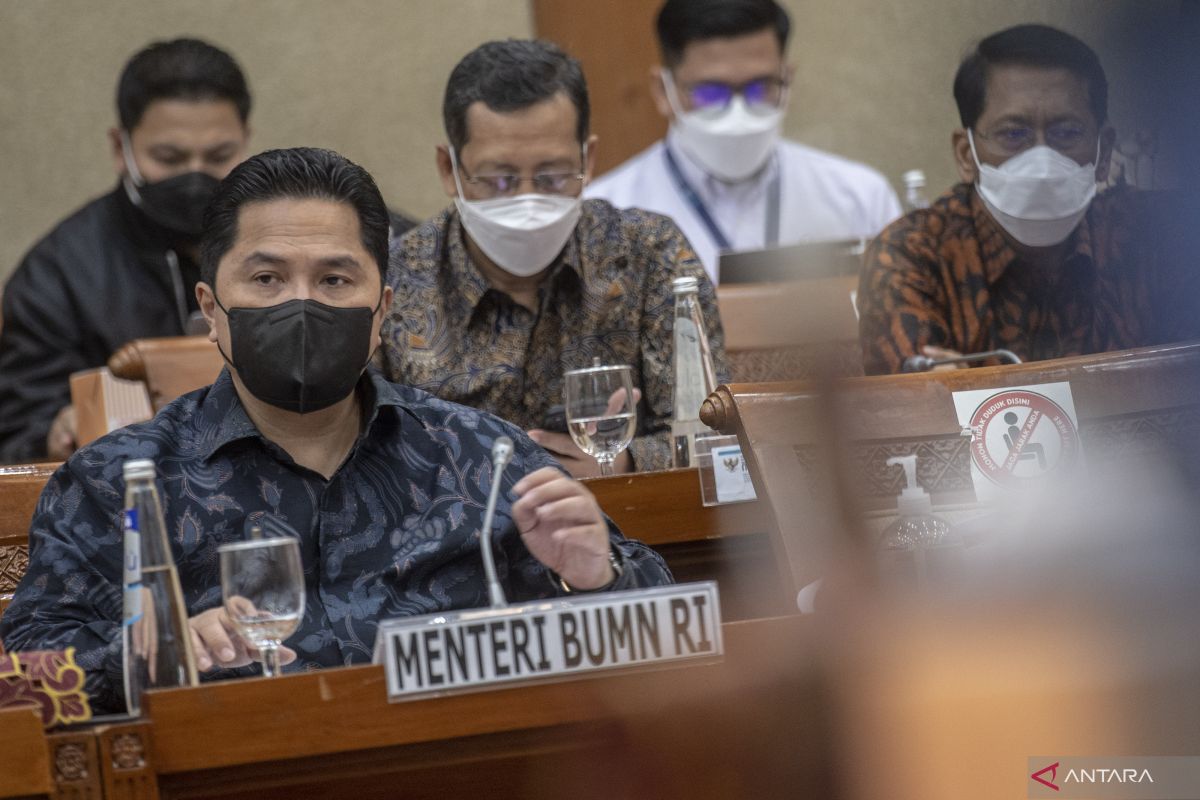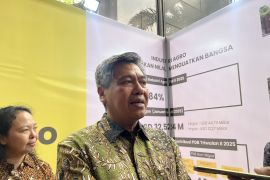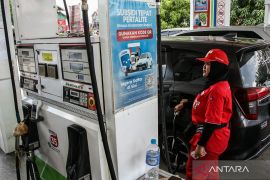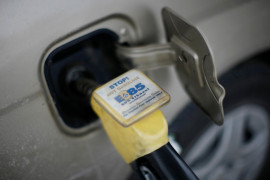"We are encouraging PTPN Holdings (state-owned plantation company Perkebunan Nusantara) to increase and allocate (their products) for sugar and for ethanol. We know that various countries, such as Brazil and India, have pushed ethanol as a substitute for vehicle fuels," Thohir said.
He made the statement during a working meeting with Commission VI of the House of Representatives (DPR), which was followed online from here on Wednesday.
According to the minister, if ethanol with a research octane number (RON) of 130 is pushed as a substitute for vehicle fuels, the state’s financial condition will improve as Indonesia will record a surplus in quality petrol production that can be exported overseas.
Indonesia can also import lower-quality vehicle fuel and combine the imported fuel with ethanol to improve its quality, the minister added.
"When Thailand can achieve 12 percent bioethanol production and India can produce up to 10 percent, why can we not do the same? We must attempt to (develop ethanol)," Thohir said.
He then asked state companies to substitute petrol imports or explore new energy sources, saying that the ministry is also encouraging the development of palm oil as B40 fuel or biofuel.
Earlier, head of the National Research and Innovation Agency's (BRIN's) Energy and Manufacturing Research Organization, Haznan Abimanyu, had said that bioethanol is a biofuel that can be used as an additive or blended with petrol fuel.
The utilization of bioethanol as a vehicle fuel can reduce carbon dioxide emissions by 70 to 90 percent compared with RON 90 vehicle fuel.
The current domestic challenges to the development of bioethanol as vehicle fuel are its inherent physical properties, commitment to materials and database, and the balance of energy, the minister said.
Related news: LIPI pushes for development of second generation bio-ethanol
Related news: Indonesian student discovers ethanol-producing bacteria in Mount Ijen
Translator: Aji Cakti, Nabil Ihsan
Editor: Rahmad Nasution
Copyright © ANTARA 2022












